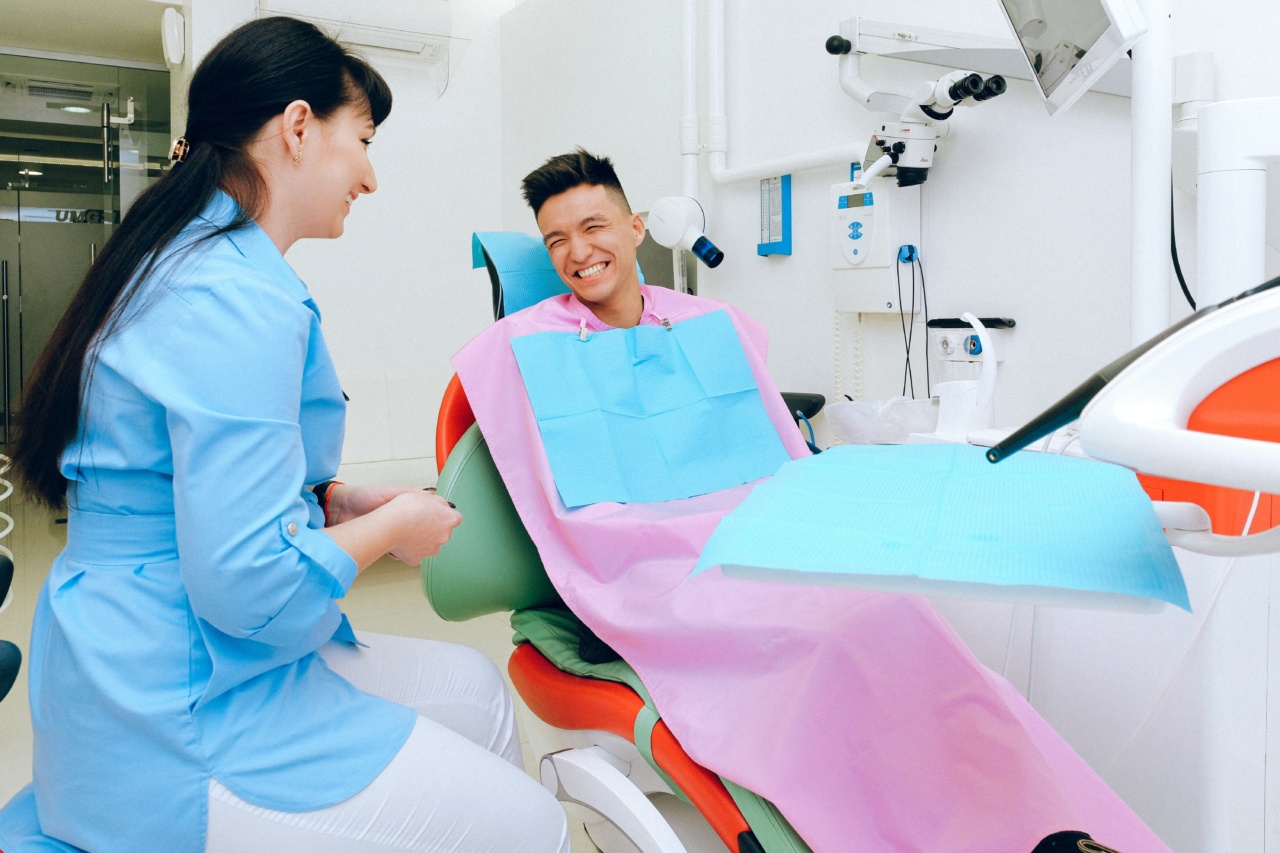Endometriosis is a gynecological condition that affects millions of women across the world. It occurs when the tissue that lines the uterus starts growing outside of it, causing pain and discomfort.
While endometriosis is a challenging condition in itself, it is also linked to several other medical conditions. Here are some of the most common ones:.
1. Adenomyosis
Adenomyosis is a condition that occurs when the endometrial tissue grows into the muscle wall of the uterus instead of outside it. This can cause heavy and painful periods, cramping, and pressure on the bladder and rectum.
Like endometriosis, the exact cause of adenomyosis is not known, but it is believed to be linked to hormonal imbalances.
2. Fibroids
Fibroids are noncancerous growths that develop in or around the uterus. They are made up of muscle and fibrous tissue and can vary in size and location.
Fibroids can cause heavy and painful periods, pelvic pain, pressure on the bladder, and lower back pain. While the exact cause of fibroids is unknown, they are believed to be linked to hormonal imbalances, genetics, and other factors.
3. Irritable Bowel Syndrome (IBS)
IBS is a chronic condition that affects the digestive system. It causes symptoms like abdominal pain, bloating, constipation, and diarrhea.
While the exact cause of IBS is not known, it is believed to be linked to a combination of factors, including genetics, hormones, stress, and certain trigger foods. Studies have shown that women with endometriosis may be more likely to develop IBS than those without it.
4. Chronic Fatigue Syndrome (CFS)
CFS is a complex disorder that causes profound fatigue that is not relieved by rest. It can also cause symptoms like muscle pain, joint pain, headaches, and trouble sleeping.
While the exact cause of CFS is unknown, it is believed to be linked to a combination of factors, including immune dysfunction, hormonal imbalances, and nervous system dysfunction. Studies have shown that women with endometriosis may be more likely to develop CFS than those without it.
5. Depression and Anxiety
Endometriosis can have a significant impact on a woman’s mental health. The pain, discomfort, and unpredictability of the condition can lead to depression, anxiety, and other mental health issues.
A study published in the Journal of Psychosomatic Obstetrics & Gynecology found that women with endometriosis were more likely to experience anxiety, depression, and other mood disorders than those without it.
6. Endocrine Disorders
Endocrine disorders refer to a group of conditions that affect the endocrine system. This system is responsible for producing hormones that regulate many bodily functions.
Conditions like polycystic ovarian syndrome (PCOS) and thyroid disorders are among the most common endocrine disorders linked to endometriosis. PCOS is a hormonal disorder that affects the ovaries, while thyroid disorders can affect the production of thyroid hormones.
7. Infertility
Infertility is a common complication of endometriosis. The condition can cause scarring and adhesions in the pelvic area, which can affect the function of the reproductive organs.
It can also cause hormonal imbalances that can make it difficult to conceive. According to the American Society for Reproductive Medicine, up to 50 percent of women with endometriosis may experience infertility.
8. Autoimmune Disorders
Autoimmune disorders occur when the body’s immune system attacks its own cells and tissues. While the exact cause of autoimmune disorders is unknown, genetics and environmental factors are believed to play a role.
There is evidence to suggest that endometriosis may be linked to autoimmune disorders like lupus, rheumatoid arthritis, and multiple sclerosis.
9. Chronic Pelvic Pain
Chronic pelvic pain is a common complication of endometriosis. The pain can be debilitating and can significantly impact a woman’s quality of life. It can also be difficult to treat, as the exact cause of the pain is often unknown.
Women with endometriosis are more likely to experience chronic pelvic pain than those without it.
10. Ovarian Cancer
Ovarian cancer is a type of cancer that starts in the ovaries. While the exact cause of ovarian cancer is unknown, there is evidence to suggest that endometriosis may be a risk factor.
According to the American Cancer Society, women with endometriosis may be at a higher risk of developing certain types of ovarian cancer than those without it.
Conclusion
Endometriosis is a challenging condition that is linked to several other medical conditions. It is important for women with endometriosis to be aware of these links and to seek appropriate medical care.
A multidisciplinary approach that includes gynecologists, gastroenterologists, pain management specialists, and mental health professionals can be helpful in managing the complex symptoms associated with endometriosis and its related conditions.































